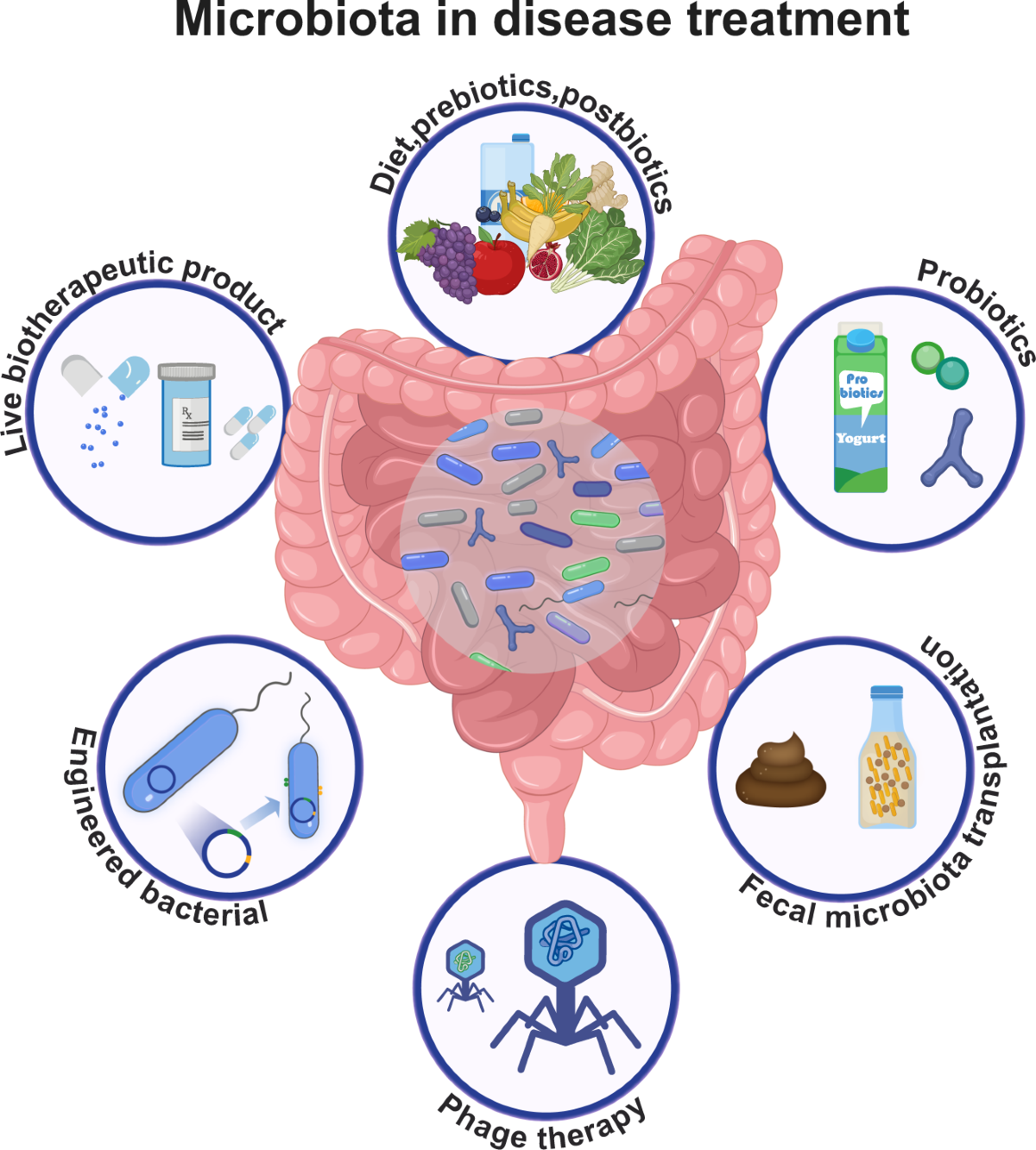The gut microbiome is a vital part of your body’s ecosystem. These tiny organisms play a significant role in digestion, immunity, and even mental health. Maintaining microbiome gut health is key to overall health and wellbeing. This blog unravels why your gut microbiome matters and how it influences various aspects of your life.
Abstract
In this straightforward guide, learn what gut microbiome is and why it matters. We’ll explore its benefits, its connection to mental health, and its role in immunity. We’ll also discuss diet and lifestyle choices that support microbiome gut health. By reading, you’ll discover simple ways to nurture this essential health component, leading to a happier, healthier you.
The Importance of a Balanced Gut Microbiome
Your gut microbiome consists of billions of microorganisms residing in your digestive tract. These microbes help break down food, absorbing essential nutrients. Crucially, a balanced microbiome gut health ensures smooth digestive processes, keeping bloating and indigestion at bay. By nurturing microbiome gut bacteria, you’re laying the foundation for healthy living.
Benefits of a Healthy Gut Microbiome
A well-functioning microbiome gut health can significantly enhance your digestion. Benefits include:
- Reduced Bloating: With a healthy microbiome, food breakdown becomes efficient, reducing the likelihood of bloating.
- Improved Digestion: A balanced microbiome aids in the nutritional absorption, contributing to better overall digestive wellness.
- Stable Mood: Believe it or not, your gut microbiome plays a role in mood regulation, potentially easing anxiety by maintaining a balanced state.
Taking care of microbiome gut bacteria offers these tangible benefits, which in turn contribute to a better lifestyle and improved health.
Impact on Mental Health: The Gut–Brain Connection
Did you know your gut microbiome can influence mental health? Often referred to as the “second brain,” the gut communicates with your actual brain through the vagus nerve. This interaction affects mood, anxiety, and even depression levels.
Research has established that a balanced microbiome gut health can ease symptoms of anxiety and depression. In one study, people who received probiotics (friendly bacteria) showed reduced symptoms of depression and anxiety, highlighting the importance of a healthy gut microbiome in mental well-being.
The relationship between gut bacteria and mental states is profound. When your gut is healthy, you’re more likely to experience reduced stress and a greater sense of calm. It’s another reason to prioritize the well-being of your microbiome gut bacteria.
Boosting Immunity: The Role of Gut Health
Your immune system relies heavily on your gut microbiome. About 70% of your immune system is housed in the gut, underscoring its critical role. A healthy balance of microbiome gut bacteria helps fend off infections and fight off harmful invaders.
Consider these tips to maintain robust immunity through gut health:
- Incorporate Fermented Foods: Foods like yogurt, kimchi, and sauerkraut boost beneficial bacteria, strengthening your immune defenses.
- Eat a Diverse Diet: Consuming various fruits, vegetables, and whole grains enriches your microbiome gut health.
- Stay Hydrated: Water supports digestion and the balance of friendly bacteria.
Taking simple steps to enhance your gut microbiome can keep common illnesses at bay, protecting your health throughout the year.
Diet and Lifestyle: Keys to a Healthy Gut Microbiome
Diet significantly shapes your gut microbiome. Eating the right foods can nurture a thriving community of microbiome gut bacteria. Aim for a diet rich in fiber, as it feeds good bacteria, allowing them to flourish.
Here’s how to promote gut health with lifestyle choices:
- Stress Management: Stress can disrupt microbial balance, so try relaxation techniques like yoga or meditation.
- Regular Exercise: Physical activity encourages healthy microbiome gut bacteria, promoting better digestion and overall health.
- Limit Antibiotics: Only use antibiotics when necessary since they can upset gut balance.
These practical strategies ensure your microbiome stays healthy and vibrant, impacting your wellbeing positively.
Microbiome and Its Impact on Chronic Diseases
Unbalanced gut microbiome has links to chronic diseases. Conditions like heart disease, diabetes, and some cancers might relate to unhealthy microbiome gut health.
Research indicates that people with heart diseases often exhibit different gut bacteria profiles compared to healthy individuals. This suggests a connection between microbiome imbalances and disease risk. Studies also show links to diabetes and certain cancers.
Fostering a balanced gut microbiome requires conscious choices. By making such decisions, you can potentially lower the risk of chronic illnesses, leading to a healthier life.
Advancing Health Through Microbiome Modulations
Probiotics and prebiotics are essential for nurturing your gut microbiome. Probiotics are live beneficial bacteria, while prebiotics feed them. Together, they cultivate healthy microbiome gut bacteria.
Another innovative solution is fecal microbiota transplantation, or FMT. It involves transplanting healthy poo into a patient’s intestines. This restores a balanced gut microbiome, proving especially helpful for certain conditions.
Exploring these options supports a vibrant and healthy gut microbiome, uplifting your overall health.
Conclusion
Understanding your gut microbiome is crucial for long-term health. From influencing mood to supporting your immune system, these tiny organisms play significant roles. By maintaining a balanced gut microbiome, you’re investing in mental and physical wellbeing, ensuring a happier, healthier future.
References
- Research on gut microbiome and mental health by Harvard University.
- Studies on microbiome and immunity, John Hopkins Medicine.
- Dietary impacts on gut health, Mayo Clinic.
- Chronic diseases and the microbiome, National Institutes of Health.



